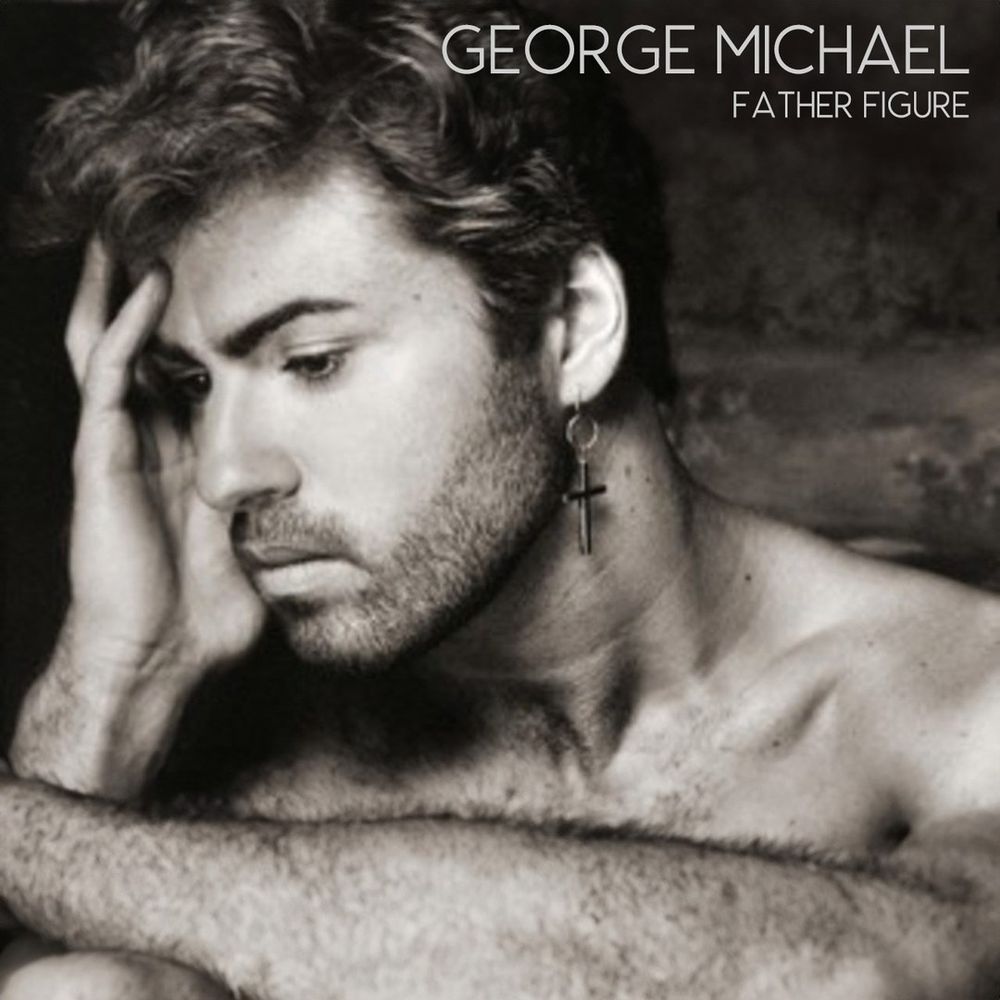
A Soulful Reflection on Lost Love and Regret
In the rich tapestry of 1980s pop music, few songs evoke the poignant blend of love, regret, and nostalgia as powerfully as “Careless Whisper” by George Michael. Released in 1984, this iconic ballad marked a pivotal moment in Michael’s career, catapulting him from the status of pop idol to a bona fide solo artist capable of weaving complex emotional narratives through music.
When “Careless Whisper” made its debut, it was an immediate success. The song soared to the top of the charts, reaching number one in over 25 countries, including the UK Singles Chart and the Billboard Hot 100 in the United States. Its timeless appeal lies not only in its hauntingly beautiful saxophone riff but also in its universal theme: the deep, aching sorrow that accompanies betrayal and lost love.
The story behind “Careless Whisper” is as compelling as the song itself. George Michael wrote it when he was just 17 years old, inspired by a series of personal experiences that left an indelible mark on his young heart. Co-written with his Wham! bandmate Andrew Ridgeley, the song delves into the guilt and remorse felt after an unfaithful relationship. It’s a narrative familiar to many—a momentary lapse in judgment leading to lasting regret.
Michael once confessed that he felt a profound connection to “Careless Whisper,” describing it as a reflection of his feelings of guilt over being unfaithful. The lyrics speak to anyone who has ever grappled with the consequences of their actions in matters of the heart. Lines like “I’m never gonna dance again / Guilty feet have got no rhythm” encapsulate the torment of knowing one’s mistakes have irrevocably altered a cherished relationship.
Musically, “Careless Whisper” is a masterpiece of production. The song’s unforgettable saxophone solo—performed by Steve Gregory—has become one of the most recognizable melodies in pop history. Its smooth, jazzy undertones complement Michael’s soulful vocals, creating an atmosphere that is both melancholic and deeply moving. The production quality reflects Michael’s dedication to his craft; he was known for his perfectionism and attention to detail, often taking control of every aspect of recording to ensure the final product met his high standards.
For listeners who lived through the era, “Careless Whisper” is more than just a song—it is a portal back to a time when music had a profound impact on personal experiences and memories. It evokes images of dimly lit dance floors and quiet moments spent pondering past relationships. For those discovering it anew, it offers a glimpse into the emotional depth and sincerity that characterized much of George Michael’s work.
The song’s enduring popularity is testament to its ability to resonate across generations. Whether it’s the nostalgic pull for those who first heard it during its original release or new listeners drawn to its emotive power today, “Careless Whisper” remains an essential part of any discussion about love songs that stand the test of time.
In reflecting on George Michael’s illustrious career, “Careless Whisper” stands out as a defining moment—a song that encapsulates his extraordinary ability to convey complex emotions through music. It remains a poignant reminder that while time may heal wounds, certain melodies can forever echo the sentiments of lost love and whispered regrets.
As we listen to “Careless Whisper,” we’re reminded not only of George Michael’s incredible talent but also of our own stories—of loves cherished and lost, mistakes made and learned from. It’s this shared human experience that makes the song eternally relevant and deeply cherished by audiences around the world.
